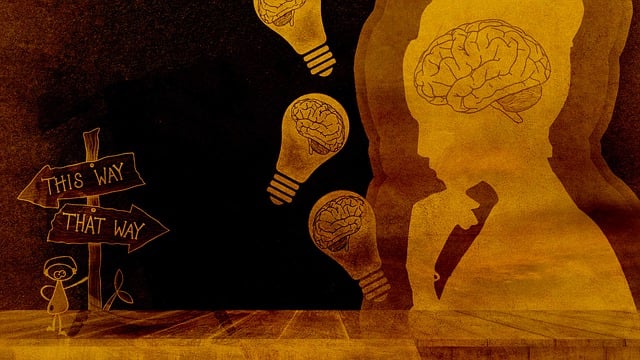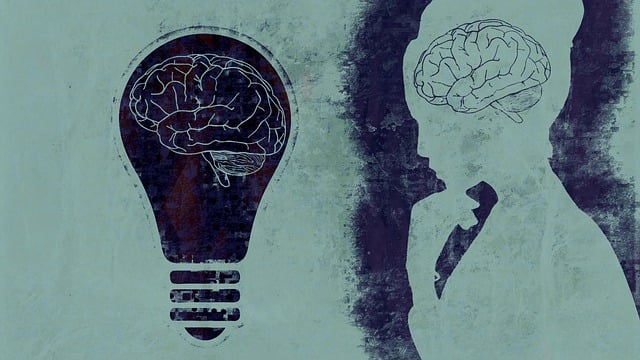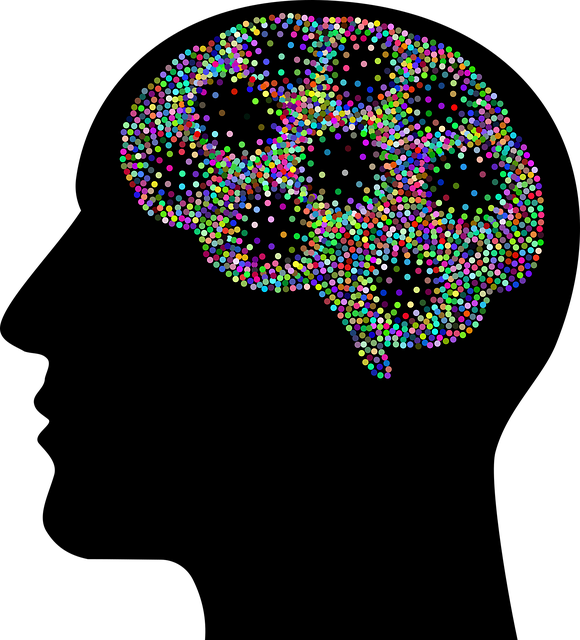The current mental health diagnosis landscape faces significant challenges, including complex conditions, cultural differences, and biases, leading to misdiagnoses or delays. To combat this, innovative techniques like Castle Rock Anger Management Therapy (CRAMT) offer specialized support for anger-related issues, combining evidence-based stress reduction with personalized treatment plans. Modern mental healthcare incorporates advanced assessment tools, data analytics, and AI, along with cultural sensitivity, burnout prevention, and wellness coaching. Rigorous training and education for healthcare professionals enhance diagnosis accuracy, while early intervention like CRAMT improves patient outcomes by empowering individuals to develop healthy coping mechanisms and resilience. Continuous support prevents provider burnout, ensuring sustained high standards of care.
Mental illness diagnosis accuracy is a critical aspect of patient care, yet challenges persist. This article explores strategies aimed at enhancing diagnostic precision, focusing on techniques like Castle Rock Anger Management Therapy, which offers valuable insights into assessment methods. We delve into innovative approaches, emphasizing the importance of training healthcare professionals and the transformative power of early intervention. By examining these efforts, we aim to highlight the potential for improved mental health outcomes and the pivotal role of accurate diagnosis, including the specific benefits of Castle Rock Anger Management Therapy.
- Understanding the Current Challenges in Mental Illness Diagnosis
- The Role of Castle Rock Anger Management Therapy in Accurate Assessment
- Innovative Techniques to Enhance Diagnostic Accuracy
- Training and Education for Healthcare Professionals
- The Impact of Early Intervention and Continuous Support
Understanding the Current Challenges in Mental Illness Diagnosis

The current landscape of mental illness diagnosis faces significant challenges, hindering the effectiveness of Castle Rock Anger Management Therapy and other treatment modalities. One of the primary obstacles is the complex nature of mental health conditions themselves; many disorders overlap in symptoms, making differentiation difficult. This complexity is further exacerbated by the diverse range of cultural backgrounds among individuals seeking help, emphasizing the need for Cultural Sensitivity in Mental Healthcare Practice. The diagnostic process is often influenced by biases inherent in assessment tools and clinical judgments, leading to potential misdiagnoses or delayed treatment.
Additionally, public awareness plays a pivotal role in diagnosis accuracy. Educating both the general public and healthcare professionals about mental wellness through Mental Wellness Podcast Series Production can foster a deeper understanding of these conditions. Well-crafted public awareness campaigns aimed at destigmatizing mental health issues (Public Awareness Campaigns Development) encourage individuals to seek help without fear of judgment, thereby improving diagnostic chances. By addressing these challenges head-on, the field of mental healthcare can move towards more precise and timely diagnoses, ultimately enhancing patient outcomes.
The Role of Castle Rock Anger Management Therapy in Accurate Assessment

Castle Rock Anger Management Therapy (CRAMT) plays a pivotal role in enhancing the accuracy of mental illness diagnoses, particularly in identifying and managing anger-related issues. This therapeutic approach goes beyond traditional mood management techniques by offering a comprehensive framework to understand and address anger’s impact on an individual’s life. CRAMT incorporates evidence-based strategies for stress reduction methods, empowering clients with tools to manage intense emotions effectively.
By focusing on the root causes of anger, CRAMT provides crisis intervention guidance that is crucial in accurate assessment. This approach not only helps professionals identify underlying mental health conditions but also ensures more personalized treatment plans. Through structured sessions, individuals learn to recognize triggers, develop healthy coping mechanisms, and improve overall emotional regulation, thereby facilitating a more precise diagnosis process.
Innovative Techniques to Enhance Diagnostic Accuracy

In recent years, the field of mental healthcare has seen a surge in innovative techniques aimed at enhancing diagnostic accuracy. Beyond traditional methods, professionals are now leveraging advanced assessment tools, data analytics, and even artificial intelligence to improve the precision and efficiency of diagnoses. These cutting-edge approaches allow for more nuanced understanding of complex mental health conditions. For instance, Castle Rock Anger Management Therapy integrates evidence-based practices with personalized strategies, ensuring a tailored approach that addresses unique patient needs and improves diagnostic clarity.
Furthermore, integrating cultural sensitivity in mental healthcare practice plays a pivotal role in enhancing accuracy. Recognizing and respecting diverse cultural backgrounds enables healthcare providers to avoid biases and better interpret symptoms, leading to more accurate diagnoses. Similarly, burnout prevention strategies and the development of mental wellness coaching programs contribute to a holistic approach that supports both patient recovery and provider well-being. These comprehensive efforts collectively drive towards a more effective and inclusive mental health care system.
Training and Education for Healthcare Professionals

Mental illness diagnosis accuracy is significantly enhanced through comprehensive training and education for healthcare professionals. At Castle Rock Anger Management Therapy, for instance, therapists undergo rigorous programs that blend clinical expertise with cutting-edge research to ensure they stay updated on the latest diagnostic tools and therapeutic approaches. This ongoing education not only boosts their confidence but also enables them to provide more accurate assessments, tailored interventions, and improved patient outcomes.
Cultural sensitivity in mental healthcare practice plays a pivotal role in this process. By learning to navigate diverse cultural contexts, professionals gain insights into how cultural beliefs and practices influence mental health expressions and treatment responses. Integrating these perspectives helps in reducing potential biases during diagnosis, thereby enhancing the overall effectiveness of care. Additionally, stress reduction methods are integrated into training to mitigate professional burnout, ensuring that healthcare providers maintain high standards of practice over time.
The Impact of Early Intervention and Continuous Support

Early intervention plays a pivotal role in improving mental health outcomes and enhancing quality of life for individuals struggling with various illnesses. When recognized and addressed promptly, conditions like anger management issues can be effectively managed. Castle Rock Anger Management Therapy, for instance, focuses on empowering individuals to develop healthy coping mechanisms, fostering resilience against intense emotions that could lead to destructive behaviors. This proactive approach not only helps in the immediate management of symptoms but also paves the way for long-term recovery and improved emotional well-being.
Continuous support is another critical component of successful mental health care. Healthcare providers can significantly contribute to preventing burnout by implementing effective burnout prevention strategies, ensuring they are equipped with the necessary tools and resources to offer consistent care. By integrating resilience-building techniques into treatment plans and promoting emotional well-being through various therapeutic interventions, healthcare professionals can create a supportive environment that encourages both patient and provider longevity in the journey towards mental health stability.
Mental illness diagnosis accuracy has seen significant improvements through innovative techniques, such as Castle Rock Anger Management Therapy, enhanced training for healthcare professionals, and early intervention strategies. By integrating these advancements, we can navigate the complex landscape of mental health assessment with greater precision, ensuring effective treatment and support for individuals navigating their journeys. This holistic approach promises a brighter future for those seeking help, fostering a more compassionate and competent healthcare system.














